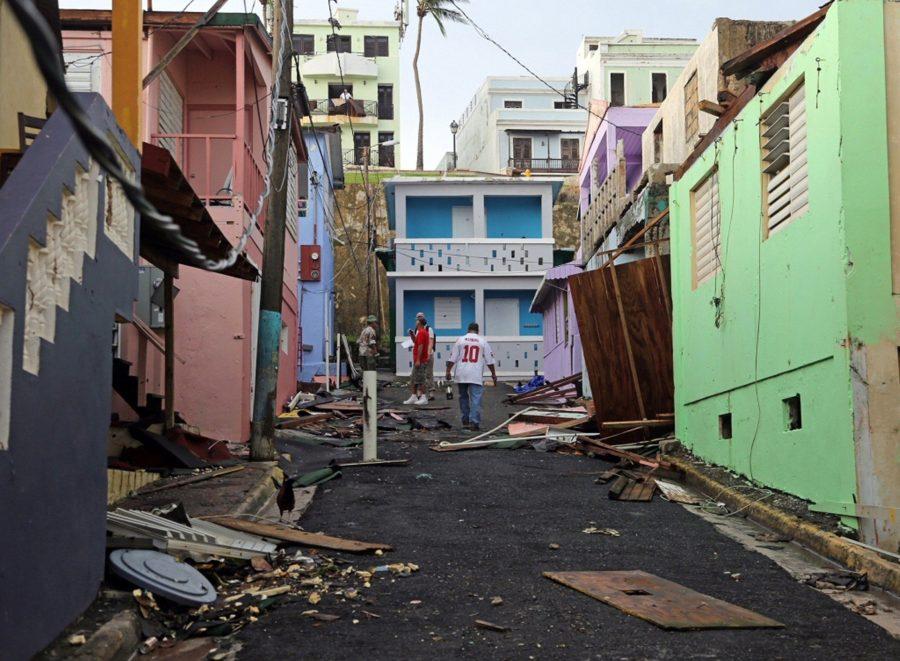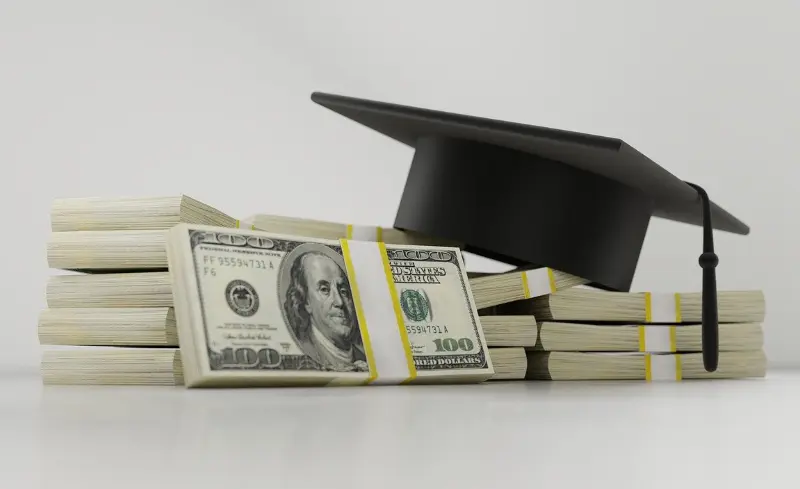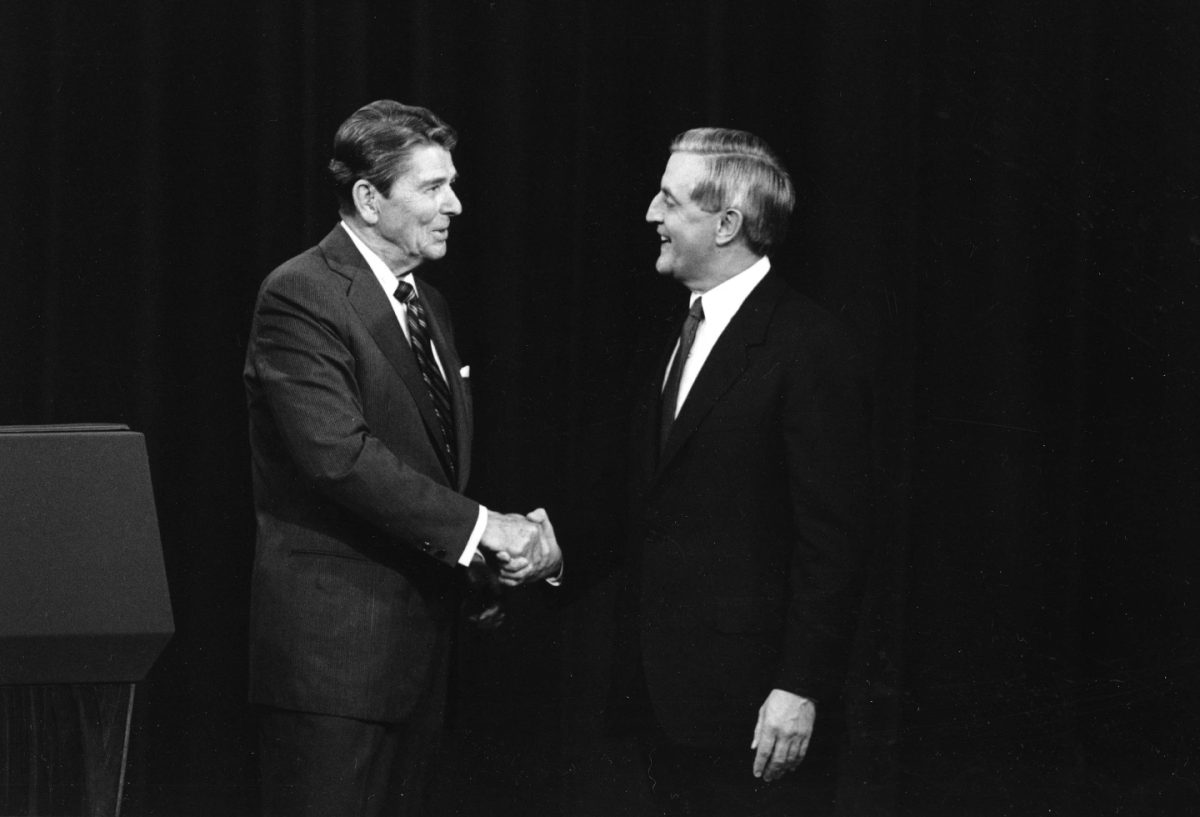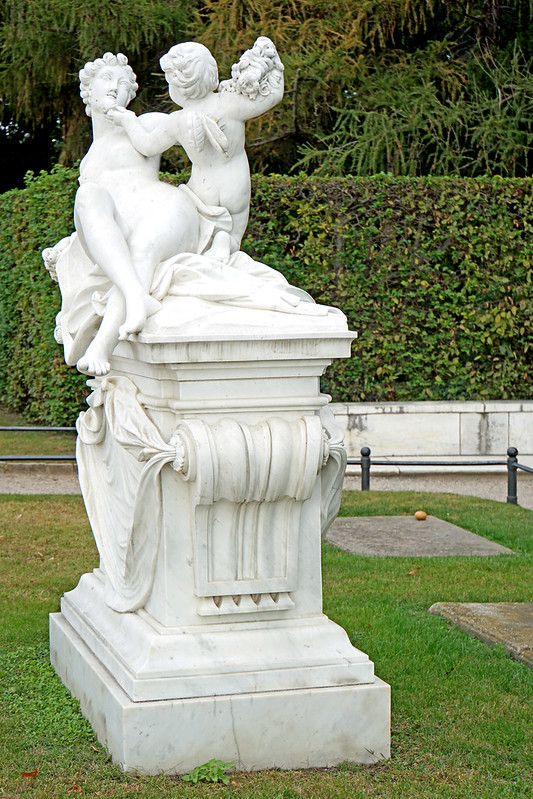
In the same home of 50 years, my abuelos frantically gleaned last glances at aging photographs and touched the peeling salmon paint of the front gate before navigating the fragmented pavement among the congested mob of people desperate for a flight in late summer of 2017. On a tiny island in the Caribbean, over 3 million U.S. citizens continually battle the forces of nature and the carelessly calculated neglect by the federal government. Hurricanes, earthquakes and wildfires are hardly surprising in 2020; yet the failure to prevent unnecessary damages and aid the victims will only compound the socio-economic effects and waves of migration caused by climate change, particularly in countries whose infrastructure and economy are less developed and resistant to disasters.
Puerto Rico, once a Spanish colonial possession, now holds the ambiguous status of a commonwealth according to the 1952 declaration to the United Nations. After the devastation wrought by Hurricanes Irma and Maria in September 2017 and the underfinanced reconstruction efforts, the January 2020 earthquakes, two reaching 5.8 and 6.4 on the Richter scale within 48 hours, may signal the threat of another form of exterior interference or the newly coined term — energy colonialism, derived from the appearance of gas companies starting in southern Puerto Rico. Due to its economic decline and aging infrastructure, combined with experiencing the second-longest blackout ever recorded globally after Hurricane Maria, the local government recognizes the pressing need to transition to 100% renewable energy. Compared to the United States, electricity costs two or three times as much, while the dollar’s purchasing power is half of the mainland’s — meaning the power burden on the Puerto Rican population is equivalent to four times the power burden on the U.S. population. However, government representatives working with the realities of the Puerto Rican economy advocate for the import of liquefied natural gas from the U.S. and for the building of natural gas power plants until the total use of clean energy can be achieved.
Island nations and dozens of countries’ citizens already face the consequences of climate change.
Locals remain terrified and unconvinced the hurricanes and earthquakes of the past two years should be perceived as purely ‘natural’ disasters. To the media, the Department of Energy and the U.S. Geological Service denied accusations of fracking off the coast in light of recently released images in three areas, the Guyanailla Canyon, Lajas Valley and Montalva Point — just miles from the fault lines. If the supposed exploration for natural gas or oil near fault lines continues, the results could be manifesting themselves in a terror campaign by earthquake on the island. Therefore, the aforementioned future investments into natural gas plants would manifest in further leaks of toxic substances into fragile habitats and into the air Puerto Ricans breathe.
Suspicions of under-the-table deals are not unfounded, as the deputy FEMA director under the Trump administration is facing federal prosecution for channeling over $1 billion in contracts to an energy company, as well as other U.S. and local officials also arrested by the FBI for corruption. Additionally, the delays and possible withholding of federal aid for the hurricanes from the U.S. to Puerto Rico has further heightened tensions among Puerto Ricans, pressed to contemplate the meaning of citizenship and what is owed. Two decades earlier, Vieques, a small island of Puerto Rico, was carefully selected by the U.S. government to be utilized as a naval range where aircrafts dropped bombs, while experimenting with Agent Orange and heavy metals such as uranium. Now, the residents face one of the highest illness rates in the Caribbean, with the highest cancer rate of all the municipalities and are much more likely to die of cardiovascular disease or diabetes than the general Puerto Rican population.
Puerto Rico is not singular in its issues — other island nations and dozens of countries’ citizens already face the consequences of climate change. Rather, it represents the dangers of governmental oversight and the prioritization of economic interest over the wellbeing of citizens. In the next decade, the global negotiations centered around the constant strain between economic development and ecological sustainability will constitute a turning point in history.
Note: Thanks to the Paul K. Richter and Evalyn E. Cook Richter Memorial Funds and the Wake Forest Richter Scholars Program for sponsoring my research in summer 2019.













